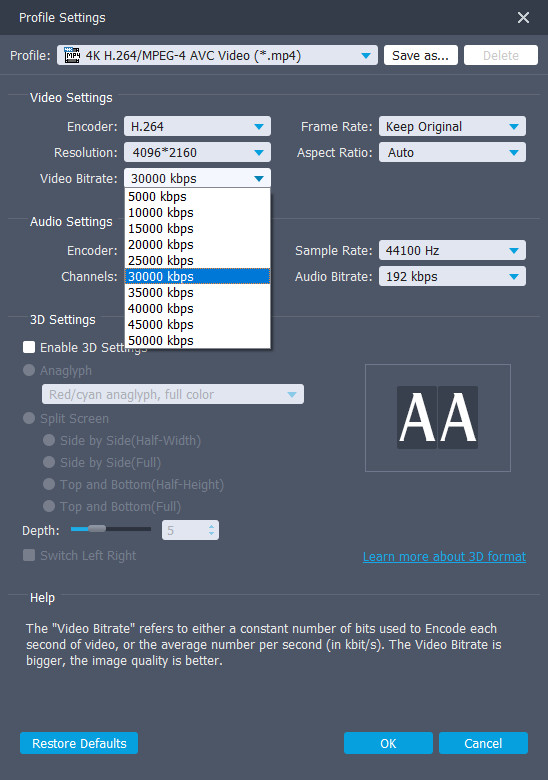Is the digital world conspiring to throw you a curveball when it comes to your movie nights? The seemingly simple task of enjoying your favorite films in the MKV format can, at times, unravel into a series of frustrating technical hurdles. From unexpected visual glitches to compatibility issues, the path to cinematic bliss can often be fraught with peril.
The ubiquity of the MKV container format – a versatile vessel for holding video, audio, and subtitle tracks – is undeniable. Yet, its very flexibility can be a double-edged sword. Compatibility challenges across different devices and software platforms are a recurring theme, often leaving users scratching their heads in bewilderment. This article delves into some of the most common MKV-related woes, providing a roadmap to navigate the murky waters of digital media playback. We'll dissect the issues, explore potential solutions, and offer insights to help you reclaim your movie-watching experience. Whether you're wrestling with a persistent green line, struggling to stream your collection, or simply seeking the best way to enjoy your MKV files, read on for answers.
Let's take a look at some of the specific situations and challenges faced by users, and ways they can tackle the issues.
| Problem | Possible Cause | Solutions | Further Information |
|---|---|---|---|
| Strange Green Bottom Horizontal Line Appears When Playing MKV Files | Codec or rendering issue within the playback software, potential driver conflict. |
|
This issue frequently arises with specific hardware configurations or software versions. Isolating the cause requires a process of elimination. Start with the most common culprits: outdated drivers and compatibility settings within your media player. |
| Difficulty Remotely Watching MKV Movies on iPad Stored on NAS | iPad's limited native codec support, requiring format conversion. |
|
iPads, while capable, are not native MKV players. The best solution is often pre-converting your library, or using a media server to transcode on the fly. Streaming directly from a NAS requires careful configuration of both the server and the playback app. |
| Embedded Movie Cover Art Not Displaying Correctly in MKV Files | Media player limitations, incorrect metadata tagging, or the way cover art is embedded within the MKV file. |
|
Metadata is key to a good viewing experience. Ensure your files are properly tagged with artwork and other relevant information, as media players rely on this data to organize and display your library. |
| Nintendo Switch Not Playing MKV/MOV/AVI/MP4 Movies from SD Card | Nintendo Switch's limited media format support. |
|
The Switch's primary function is gaming, and its media playback capabilities are limited. Users need to adapt by either reformatting their content or seeking alternative playback options. |
| Plex Won't Play MKV Movies | Codec incompatibility, server configuration issues, or network problems. |
|
Plex is a powerful media server, but it relies on proper configuration and sufficient processing power to handle complex formats like MKV. Regularly update the server and ensure the transcoding settings are optimal for your hardware. |
| 4xvr App Doesn't Play MKV, MVC Files Directly in 3D | App's limited codec or format support for specific 3D video types. |
|
VR video playback often has very specific format requirements. Users must ascertain the app's supported formats and potentially reformat their source files. |
| Kdenlive Editing Movies with MKV Files Issues | Codec incompatibility, or the way kdenlive handles the format. |
|
Kdenlive sometimes has issues working with the MKV format, often having to do with codecs. This can be fixed by installing or reformatting the video with a different program. |
The complexities of digital media formats require a multi-faceted approach. Compatibility challenges require users to proactively adapt to different software and devices. The ability to troubleshoot playback issues, experiment with different media players, and convert files when necessary is crucial for enjoying a seamless entertainment experience.
Let's consider some common challenges that users encounter when working with MKV files. The first problem is the Strange Green Bottom Horizontal Line Appears When Playing MKV files. One of the most frustrating visual glitches is the appearance of a persistent green line, particularly at the bottom of the screen. This isn't a problem specific to MKV, as it can occur in various media formats. However, the combination of specific hardware, drivers, and media player settings can exacerbate the issue. Often, the culprit is a conflict or incompatibility with video drivers, or incorrect settings related to hardware acceleration within the media player. The solution often involves updating or rolling back video drivers, experimenting with different media players (VLC, MPC-HC, etc.), and tweaking hardware acceleration settings within the player itself. For users employing Kodi, checking for theme or add-on conflicts might also resolve the issue.
Moving onto the challenge of Remotely Watching MKV Movies on iPad Stored on NAS, the iPad presents its own set of constraints. Apple products have historically been less supportive of a wide range of media formats, with the iPad being no exception. Because of this, playing MKV files on an iPad typically means either converting the videos to a compatible format like H.264 MP4/MOV, or using a media server that can transcode the files on the fly. Software such as Handbrake offers a straightforward way to convert MKV files for iPad compatibility. Media server software such as Plex or Emby also offer excellent transcoding capabilities, allowing you to stream your MKV library from a network-attached storage (NAS) device directly to your iPad. Streaming directly from a NAS is often the preferred method, but it involves ensuring both the server and the playback app are configured correctly.
Another common issue is the inability to see embedded cover art on MKV files. Many users will notice that the cover art of mp4 movies will correctly display, but the MKV movies don't seem to work. Media players such as Kodi and Plex rely heavily on metadata to organize and display media files correctly. Incorrectly tagged files will often result in missing artwork, incorrect titles, and even problems with playback itself. To resolve this, ensure your files are properly tagged with artwork and other relevant information by using tools like MKVToolNix or MediaInfo to edit and review the metadata embedded in the MKV files. It's also a good idea to check that the files have the cover art embedded correctly.
The Nintendo Switch presents its own unique set of challenges. The Switch's primary function is gaming, and its media playback capabilities are somewhat limited. The console's default media player lacks support for many common formats, including MKV, leaving users with few options for enjoying their movie libraries directly from an SD card. To play videos on a Switch, the easiest solution is often to convert them to the MP4 (H.264) format with AAC audio. Alternative options involve exploring third-party media players, if available, or utilizing an entirely different device to play your videos. Users need to adapt to the system and potentially reformat their content.
When it comes to Plex, users often report that Plex will not play their MKV movies. There are a number of reasons why Plex can fail to play MKV files. One of the most common is codec incompatibility. Ensure your Plex server has the necessary codecs installed or is capable of transcoding the files. Another issue is network connectivity. Check the connection between the server and the client devices. Finally, examine server settings for transcoding options and make sure they are enabled. Plex is a powerful media server, but it relies on the correct configuration and enough processing power to handle complex formats like MKV.
For those who are interested in using the 4xvr app to watch 3D movies, the app's format support is key. Check the 4xvr app's documentation to make sure that it supports the specific 3D video formats you are using. If it doesn't support those formats, the user will need to convert their files or look for alternative VR video players.
The Kdenlive program has occasional issues with MKV files. If you're using Kdenlive to edit your movies, make sure that you have the appropriate codecs installed to be able to use MKV files. If this still doesn't work, you might need to reformat the video to ensure compatibility.
Navigating the world of MKV files requires both knowledge and the willingness to experiment. By understanding the common pitfalls and arming yourself with the right tools and techniques, you can transform potential playback headaches into a smooth and enjoyable movie experience.



